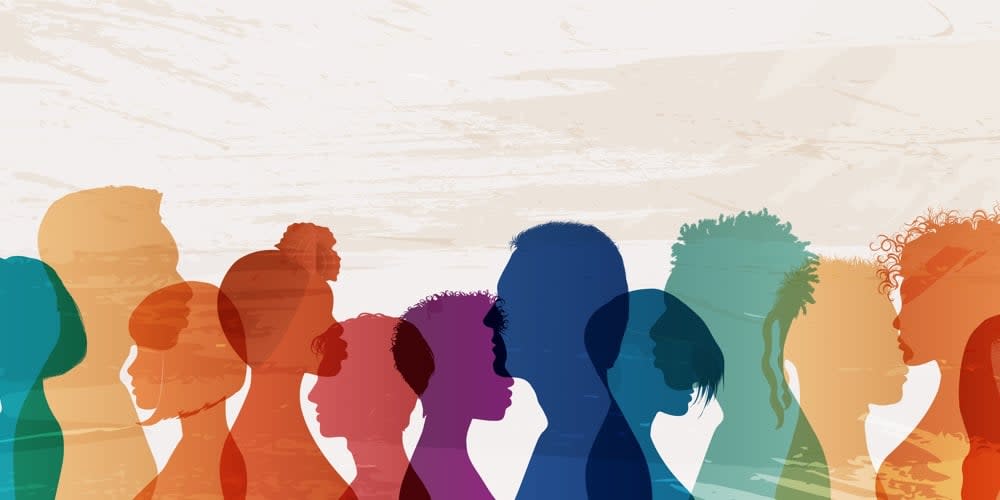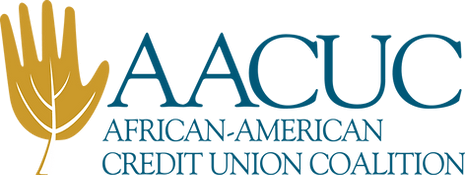Improving eyesight: My DEI journey

Improving eyesight: My DEI journey

‘We’re all just tumbling through life, trying to do the best that we can.’
I used that line too much over the years. Especially in conversations with younger colleagues about something that didn’t turn out well, where we were both looking for a transition into the future – toward something better. In retrospect, my presumption must have been that we were all made of the same stuff and with renewed determination, there was sure to be something better ahead. It has taken me a long time (too long) to realize that despite being made from the same biological architecture, we don’t all get to tumble from the same starting point. We don’t all have access to the same systemic support systems. And we don’t see and hear through the same lenses. I suspect that the unsaid reaction was often, ‘easy for you to say.’
We all come from somewhere. None of us gets to choose our birth circumstances. For me, I was born to parents that met in college in upstate New York. Dad was only able to go because of the GI Bill and Mom was born to parents that believed their daughters should have equal opportunity. Their ancestors were from Northern Europe. Their youth was dominated by the anxieties of WWII. After graduation, they moved to the NYC suburbs – he commuted to Manhattan, working for the National Biscuit Company (Nabisco) in quality control for a famous cookie, the Fig Newton. She worked at Bell Labs in NJ during the early days of the transistor. Together, they made a ‘living’ wage. They were living in an unassuming apartment in NJ when I came along. I was the first of eight, which kept them solidly in so-called middle class financial status. The family wasn’t wealthy, but I was free to feel safe, comfortable, and confident about my future.
Once in public school, I began to see that other kids didn’t have it the same way at home. A few were from the wealthy families in town. They had color TVs at home. But many were noticeably less well off. As I think back, it was the impact of poverty that first affected my awareness of different starting places in life. I liked some of those kids – I brought them home with me so they could eat good with us. My mother, bless her generous soul, never objected. A little later, with hormonal encouragement, I learned that boys and girls were different. I also quickly realized that we were channeled into different roles – girls to Home Economics and boys to Shop class. In sports, the whole town showed up on Friday night to watch the boys play football – the girls’ field hockey team played after school in front of the coaches and a few parents. I didn’t know then that these distinctions would continue and, in some ways, intensify across the decades ahead.
In 1980, I moved to Atlanta with my own young family. Prior to that, I lived in a dozen different places, all above the Mason-Dixon line. I had been exposed to bigotry and injustices of many types in those places. Racial and ethnic degradation were common in the workplace and elsewhere. Mostly low intellect joking, but not all. Regretfully, I didn’t push back. I didn’t speak up in favor of inclusiveness or justice. It was easier to look away or pretend to enjoy the jokes.
In the south, and for the first time, I was confronted with the deep wounds of slavery and Jim Crow. I learned about racial hate in startling ways. In middle Georgia, a mother was aghast that her white son had loaned his shirt to a black friend. She whispered to me that she would have to burn the shirt. In many other ways, some even more disgusting, I was confronted with the ugly human reality of racial injustice. The early 1980s were over 40 years ago, but I still have trouble thinking about those experiences. I needed help dealing with that. I can’t imagine how those that have been targeted by hate or held down in society must feel.
Initially, I thought about leaving – going someplace where my kids wouldn’t be exposed to such extreme injustice. And, to make matters worse, this was during the time of the Atlanta child murders…a degenerate was shooting innocent kids. But, for some reason, I wanted to be a part of progress, maybe of solution. Atlanta was trying. Andrew Young, Maynard Jackson, John Lewis, all people I would meet later in my credit union career, were trying. In time, I would learn about a group of people in the credit union world who were trying. Among them, Sheila Blackmon (now Montgomery). Always positive, always looking ahead. Eventually, she told me about a young lady, a tad impatient for progress, that was doing work for a new group called AACUC. The lady turned out to be Renee…no last name necessary for these readers.
For the better part of three decades, the mid-80s to the mid-10s, I saw the world from the front seat of the state association for credit unions. I rarely gave conscious thought to the privilege that was involved in getting there or the license to imagine what could be done from that place in life. A seat at many decision tables, a voice in most of the major decisions in the credit union world. Contemplate the possibilities, paint a vision, assemble consensus, secure resources…and start building. Intellectual freedom. Financial comfort. Systemic support. Career fulfillment propelled by routine encouragement and recognition. Everyone, I thought, could travel a similar path.
As the years progressed, I started to become aware of the bigger picture. I volunteered at the homeless shelter on cold nights in downtown Atlanta. After dinner, I would talk with the men (they were all men there). Most were willing to tell their story. I started to read books like “Evicted” and “Lancaster” that illustrate the systemic causes of poverty. Then about gender and racial injustice. From there to the economic theories that underpin our society and those that lay out the rationales for alternatives. I was learning that many people ‘tumble through’ their lives with serious systemic obstacles to the opportunities and encouragements that I was able to take for granted.
Epiphany is probably too strong a word. But, for me, understanding ramped up exponentially after I left the long-standing career perch at the end of 2019. The pandemic would begin in a couple of months. The privileged would be able to carry on over technology from the safety of their homes. The less-privileged would be exposed to the virus at the meat-packing plant or the nursing home – many would lose their jobs. Then we learned about George Floyd, police brutality and mass incarceration. In an instant, it seems, people like me were learning about racial injustice, wealth concentration, environmental degradation, and political/tribal hate speech.
I have applied myself to advancing the cooperative business model as a way to inject democracy into the lives of people and provide the means for collective wealth building. I think co-ops (credit unions included) are a constructive way to address poverty, exclusion, and injustice. Our good friend Maurice Smith devoted some of his time to elevating attention to diversity, equity, and inclusion through the codification of an eighth cooperative principle. Many others have applied themselves to work in support of societal progress in numerous ways.
AACUC has been instrumental in helping me to see the circumstances that our generations have inherited. The Commitment to Change webinars, conferences, and routine ‘Renee talks’ have hopefully turned me into a better listener. More important, AACUC has provided a beacon for all of us that want to move forward together, not apart. At the AACUC conference, five amazing ladies helped me to see what it’s like to be the only woman and/or the only person of color in the C-suite. That is a perspective that I could only hope to understand by hearing it from those courageous leaders. And there aren’t many (maybe any) places better than AACUC – for a person who wants to do better by actually understanding diverse perspectives and contributing to the creation of genuine opportunity for all. I still have much to learn. I’m glad that AACUC will help me do that.
Original article available here.
Additional Info
Related Links : https://www.cuinsight.com/improving-eyesight-my-dei-journey/?utm_content=266992759&utm_medium=social&utm_source=twitter&hss_channel=tw-138877860
Source : CUInsight
